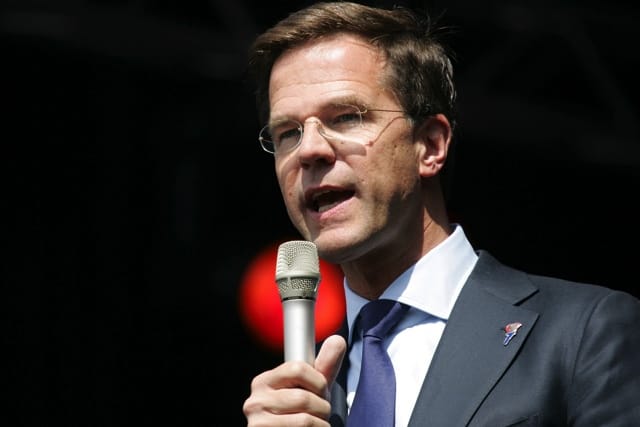Dutch government steps down over childcare allowance scandal

By Charlotte Paule, MSc Politics of Asia
Dutch Prime Minister Mark Rutte announced on 15 January that his government would resign over a childcare allowance scandal. Thousands of families were wrongly accused of fraud and forced to pay back tens of thousands of Euros. Around 26,000 people were affected, according to Dutch media.
The scandal comes after a parliamentary report published in December that revealed civil servants had cut benefit payments to wrongly accused families. It also comes just a few weeks before the scheduled March parliamentary elections in the Netherlands. Most cabinet members have announced that they will stay at their posts in a caretaker capacity until after the elections, in order to maintain a coherent response to the coronavirus situation.
‘minute errors…were used as pretenses to accuse tens of thousands of families of fraud and sometimes demand repayments of as much as €125,000.’
This scandal is not a recent revelation in Dutch politics, as State Secretary of Finance Menno Snel resigned in 2019 over his involvement. The scandal returned to headlines in December 2020 with the publication of a parliamentary report titled Unprecedented Injustice. The document stated that the ‘fundamental principles of the rule of law had been violated,’ and showed that minute errors, such as wrongly-filled forms or a missing signature, were used as pretenses to accuse tens of thousands of families of fraud and sometimes demand repayments of as much as €125,000.
Some of the affected families were financially ruined, forced to move house, denied childcare and other allowances – causing some couples to split up. It also revealed that up to 11,000 dual-citizenship families were singled out for special scrutiny, leading to accusations of racial profiling.
After a cabinet meeting on Friday 15 January, Prime Minister Mark Rutte handed in his resignation to King Willem-Alexander. At a press conference, he admitted that the report was ‘fair’ and ‘scathing,’ and announced his government would step down. While most ministers, including Rutte, will stay as caretakers until the 17 March elections, Minister of Economic Affairs and Climate Policy Eric Wiebes resigned with immediate effect.
Opposition Labour Party leader Lodewijk Asscher also resigned over his involvement in the scandal while he was Social Affairs Minister in the former government, stating that the system ‘made the government an enemy of its people.’
The government took steps to try and repair the damage by setting aside more than €500 million, with around €30,000 allocated to each affected parent. Rutte also promised to make policy decisions more transparent by publishing official documents publicly. According to Politico, this is a departure from the ‘Rutte Doctrine’ which posits that civil servants should be able to discuss things and make decisions without these being made public in order to promote a more open civil service culture.
Many observers have, however, pointed out the timing of this resignation, which occurred just a month before parliament was scheduled to break up in preparation for the 17 March general elections. Though Rutte takes full responsibility for the injustice done to Dutch families, this move has widely been seen as a symbolic gesture. The Prime Minister has rejected this criticism; during his 15 January press conference, he stated that ‘the government was not up to standards throughout this whole affair,’ and that resignation was ‘unavoidable.’
Rutte’s center-right Party for People’s Freedom and Democracy (VVD), projected to win 35 seats in the March elections, was polling at around 27% in December. It is followed by Geert Wilders’ far-right Freedom Party with 25 projected seats. Rem Korteweg from the Clingendael Institute told The Guardian that ‘the government is taking political responsibility with little political cost,’ and that this scandal should not affect their overall ability to win the elections. If this is the case, it would be the third coalition government led by Rutte since 2010.
Photo caption: Mark Rutte was first elected Prime Minister of the Netherlands in 2010, and his party VVD is still expected to win the 17 March elections despite the scandal (Credit: ErikSmit via Pixabay).




